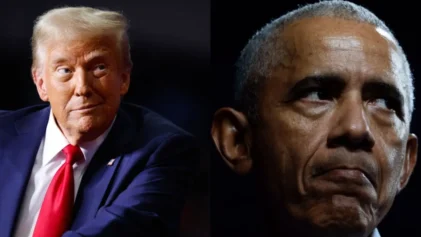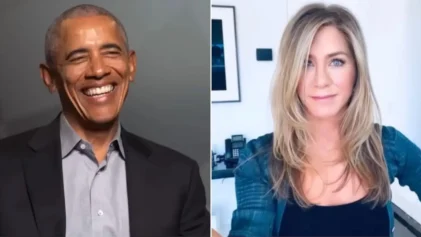Republican presidential hopeful Mitt Romney has a decided Latino problem as he heads into tonight’s debate in Denver with President Barack Obama.
And it’s an issue that isn’t likely to go away anytime soon for the Republican Party.
Both Obama and Romney are keenly aware of the power of Latino voters to determine the election’s outcome in the battleground states of Colorado, Nevada and Florida among others.
Obama enjoys a 50-percentage-point gap over Romney among likely Latino voters, leading 72 percent to 22 percent, according to a survey last month by the Pew Research Center for the People & the Press.
The GOP’s hard-line stance on immigration has played prominently in Obama’s huge advantage among the nation’s largest and fastest-growing minority. The fact that people of color will soon be the majority in the country means that Republicans had best act quickly to assuage Latino concerns.
Obama announced on Monday that he would visit the California home of civil rights icon Cesar Chavez at a ceremony next week to designate it as a national monument. Romney announced that he would honor Obama’s order blocking the deportation of hundreds of thousands of young illegal immigrants.
Since 1994, the number of Latinos registered to vote nationwide has doubled to 11 million, according to a new Pew Hispanic Center report. They could be the difference in several key swing states.
But statistics also show that Latinos are far less likely to turn out than other groups. Four years ago, 50 percent of the nation’s Latinos who were eligible actually voted in that presidential election, compared to 65 percent of African Americans and 66 percent of whites, according to the Pew report.
That means the onus will be on the Obama camp to inspire the Latino voters to get to the polls.
On a visit to Las Vegas on Sunday, Obama held a rally on the city’s heavily Latino east side. Over and over, he urged the 11,000 cheering supporters to be sure to cast their ballots. The event, featuring the Mexican rock group Mana, was part of his campaign’s push to sign up thousands of new voters before Saturday’s registration deadline in Nevada.
Obama used the occasion to remind Nevadans of the order that he signed in June that stopped the deportation of many young immigrants who were brought to the United States as children by parents who were illegally in the country.
“You’re the reason why a young immigrant who grew up here and went to school here, and pledged allegiance to our flag, will no longer be deported from the only country she’s ever called home,” Obama told the crowd.
Obama’s immigration order sparked a rise in enthusiasm for him among Latino supporters, although it still falls short of what it was four years ago, polls show.
After months of dodging the issue, Romney tried to stop the hemorrhaging with Latinos.
“The people who have received the special visa that the president has put in place, which is a two-year visa, should expect that the visa would continue to be valid,” Romney told the Denver Post in an interview Monday on his campaign bus in Colorado.
Under the terms of the Deferred Action for Childhood Arrivals program, illegals can pay a $465 fee to receive a reprieve from deportation, but not a visa.
Romney’s comments marked a major shift from his positioning during the primaries, when he staked ground on immigration to the right of Rick Perry, Newt Gingrich and other rivals. Romney then opposed efforts to legalize the status of anyone brought to the United States as a child by parents who were illegal immigrants, with the sole exception of those who served in the U.S. military. At a debate in January, he called for “self-deportation,” saying the undocumented should return home and “apply for legal residency in the United States — get in line with everybody else.”
Until Monday, Romney had refused to say whether he would halt Obama’s program for younger immigrants, calling instead for an undefined “permanent solution” to be worked out with Congress and criticizing the president for failing to reach one.


